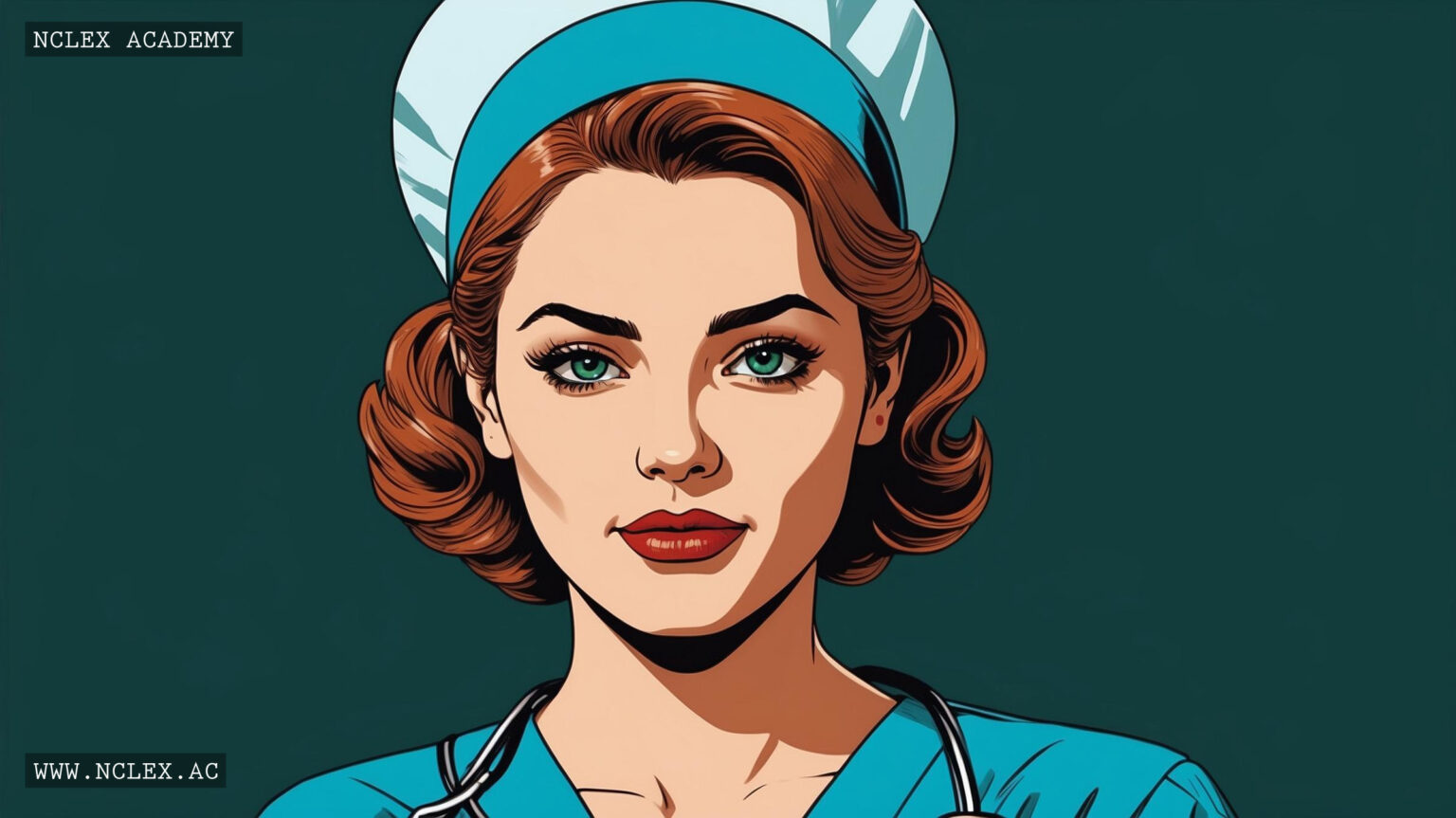Psychiatric nursing is a specialized field that demands a unique set of skills to effectively care for individuals with mental health issues. Nurses in this role must offer not only clinical expertise but also demonstrate compassion and understanding for their patients’ emotional and psychological needs. The role can be challenging but incredibly rewarding for those equipped with the right set of skills. Here are eight critical skills that every nurse should possess to excel in psychiatric care.
1. Therapeutic Communication
Effective communication is the cornerstone of psychiatric nursing. Nurses must refine their ability to listen actively and respond with empathy. This involves nonverbal cues, such as maintaining eye contact and an open posture, as well as verbal responses that validate the patient’s feelings. The ability to ask open-ended questions to engage patients in dialogue about their experiences is also essential. Therapeutic communication establishes trust and creates a safe environment for patients to express their emotions and thoughts.
2. Cultural Competence
A nurse’s capacity to provide care that respects the patient’s cultural background is paramount in psychiatric settings. Cultural competence involves understanding diverse beliefs, values, and customs, and how these factors influence the patient’s perception of mental illness and treatment. It also includes being aware of one’s own cultural biases and avoiding assumptions that can lead to ineffective or harmful interventions. Through cultural competence, nurses can develop treatment plans that are more personalized and acceptable to patients.
3. Crisis Intervention
Nurses often encounter patients who are in crisis, exhibiting acute behavioral, emotional, or psychiatric episodes. The ability to assess situations rapidly and intervene effectively to de-escalate tension is a vital skill in psychiatric care. This includes knowing how to use therapeutic communication, showing respect for personal space, and sometimes applying physical interventions or restraints as a last resort, in line with legal and ethical guidelines.
4. Psychopharmacology Knowledge
Understanding psychotropic medications, their side effects, withdrawal symptoms, and interactions with other drugs is crucial in psychiatric nursing. Nurses must monitor patients’ responses to medications and communicate any concerns to the treating physician. This knowledge enables the nurse to educate patients about their medications, fostering adherence to treatment and better outcomes.
5. Patient Advocacy
Nurses must often act as advocates for their patients’ rights and well-being. This can range from ensuring patients’ rights to confidentiality and informed consent, to advocating for changes in treatment plans if the current one is ineffective. Patient advocacy also involves standing up against the stigma associated with mental illness and working to secure the best possible care for those in need.
6. Behavioral Strategy Expertise
Skilled psychiatric nurses are adept at implementing behavioral strategies that help manage challenging behaviors and promote positive change in patients. This involves creating a structured environment, setting clear expectations, and using evidence-based practices such as cognitive-behavioral techniques to modify harmful behavior patterns. Building such expertise requires ongoing education and practice.
7. Self-Awareness and Emotional Regulation
Dealing with the intense emotional needs of psychiatric patients can be taxing. Nurses must possess a high degree of self-awareness and the ability to manage their own emotions. They should be able to recognize when they are becoming emotionally involved and take steps to maintain professional boundaries. By practicing self-care and maintaining emotional regulation, nurses protect their own mental health and provide the best care to their patients.
8. Legal and Ethical Acumen
Nurses in psychiatric care must navigate complex legal and ethical issues, such as involuntary admissions, consent to treatment, and confidentiality. They need to be familiar with the laws and regulations that govern mental health care and the ethical considerations related to autonomy, beneficence, and justice. Being well-versed in these areas ensures that nurses protect the rights and dignity of their patients while providing safe, ethical care.
In conclusion, equipping oneself with these eight critical skills is essential for any nurse stepping into the dynamic and ever-evolving field of psychiatric care. Not only do these competencies contribute to high-quality patient care, but they also foster personal growth and job satisfaction for the nurse. As advocates, caregivers, educators, and critical thinkers, nurses with a strong foundation in these areas are invaluable assets to any mental health team.
NCLEX Academy
NCLEX Academy is a leading online platform dedicated to helping nursing students succeed in their NCLEX exams. With expert-led courses, printable exam prep materials, and personalized study plans, NCLEX Academy offers comprehensive resources to boost confidence and performance. The site also covers a wide range of interesting nursing topics, making it a must-visit for all nurses looking to expand their knowledge and skills. Join thousands of students and nurses who have achieved their dream of becoming licensed professionals with NCLEX Academy.
NCLEX Academy Official Website
